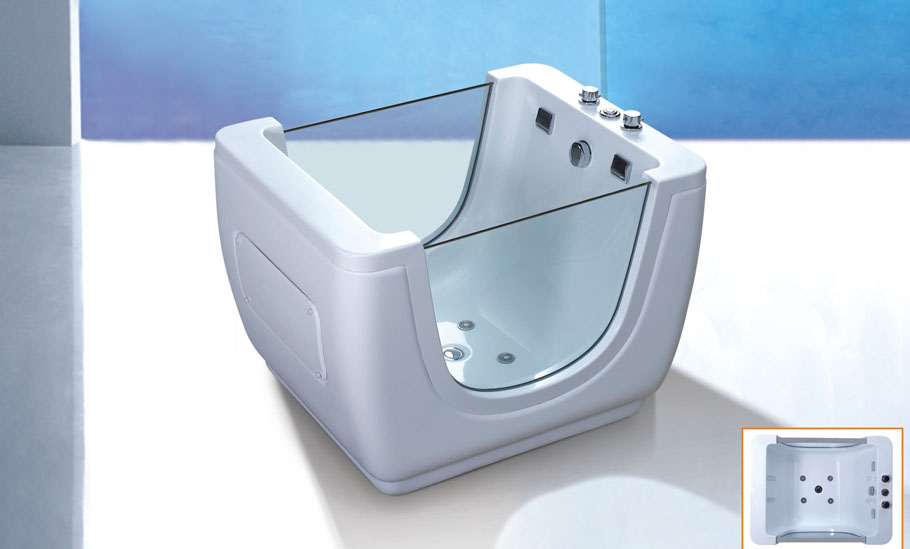Stone bathtubs represent a pinnacle of luxury and aesthetic appeal in modern bathroom design, combining timeless elegance with robust functionality. These fixtures are celebrated for their exceptional durability and minimal maintenance needs, thanks to their non-porous surfaces. However, the significant weight and high initial cost present notable drawbacks, often necessitating structural considerations during installation. Moreover, the susceptibility to staining and etching requires regular upkeep to preserve their beauty. Despite these challenges, the unique textures and colors available make stone bathtubs an intriguing option for discerning homeowners. What factors should be prioritized when considering such an investment?
- Stone bathtubs offer exceptional durability and resistance to damage, ensuring long-lasting use.
- They provide a unique visual impact with distinct textures, colors, and veining patterns.
- The substantial weight requires structural reinforcement during installation, adding to the complexity.
- Stone bathtubs can be expensive initially and require regular sealing to prevent staining and etching.
- They retain heat well, offering a cozy and luxurious bathing experience, but require more maintenance than other materials.
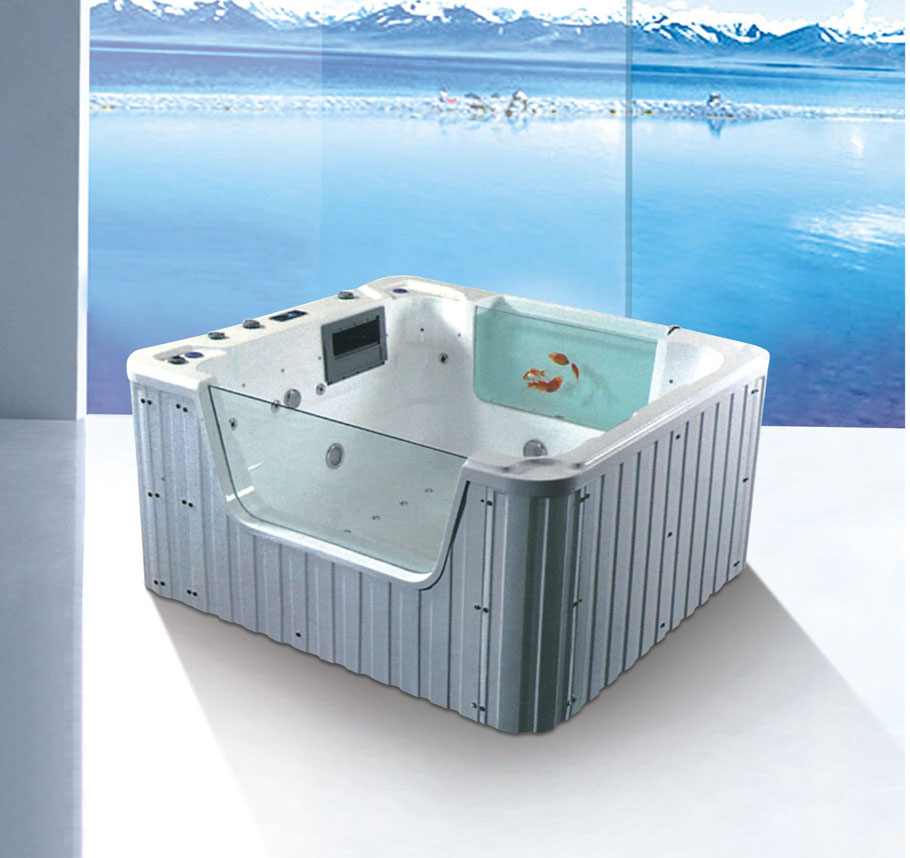
Stone bathtubs represent the epitome of luxury and durability, crafted from materials such as marble, granite, and limestone.
In examining what constitutes a stone tub, it is essential to understand the unique properties that natural stone brings to the table, including its aesthetic appeal and longevity.
This discussion will outline why natural stone is often considered the premier choice for high-end bathroom fixtures.
Characterized by their natural elegance and enduring durability, stone bathtubs are a luxurious addition to any bathroom, offering both aesthetic appeal and functional benefits. These tubs are meticulously crafted from a variety of natural stones such as marble, granite, limestone, and travertine, each imparting its unique texture, color, and veining patterns. The artisanal craftsmanship involved in sculpting these bathtubs ensures that each piece is a one-of-a-kind creation, elevating the bathroom space into a sanctuary of relaxation and refinement.
Stone tubs are not merely about visual allure; their substantial weight and solid construction provide a sense of permanence and stability. Unlike traditional acrylic or fiberglass tubs, stone bathtubs offer superior heat retention properties, maintaining the water's warmth for extended periods, which enhances the bathing experience. Additionally, their robust nature means they are highly resistant to chipping, cracking, and scratching, ensuring longevity and sustained beauty.
The versatility of stone allows for various design possibilities, from sleek modern silhouettes to rustic, organic forms. This adaptability ensures that stone bathtubs can seamlessly integrate into diverse bathroom styles, making them a preferred choice for designers and homeowners seeking to create a bespoke bathing environment.
Renowned for their unparalleled beauty and enduring strength, natural stones such as marble, granite, limestone, and travertine are considered the premier materials for crafting stone bathtubs. The intrinsic characteristics of these materials offer a unique blend of aesthetic appeal and functional durability that synthetic alternatives often fail to replicate.
Marble, with its elegant veining and luxurious finish, imparts a timeless sophistication to any bathroom. Granite, known for its remarkable hardness and resistance to scratching, promises longevity and resilience, making it a practical yet stylish choice. Limestone, with its subtle and earthy tones, provides a natural and calming ambiance, ideal for creating a serene bathing environment. Travertine, characterized by its distinctive porous texture and warm hues, adds a touch of rustic charm and historical elegance.
Moreover, natural stone possesses excellent heat retention properties, ensuring that the bathtub remains warm for extended periods, enhancing the overall bathing experience. The versatility in design and finish allows for customization, catering to diverse stylistic preferences.
Each stone bathtub, being a product of nature, is inherently unique, offering individuality and exclusivity. These factors collectively underscore why natural stone is the material of choice for discerning homeowners and designers seeking both beauty and durability in their bathroom fixtures.
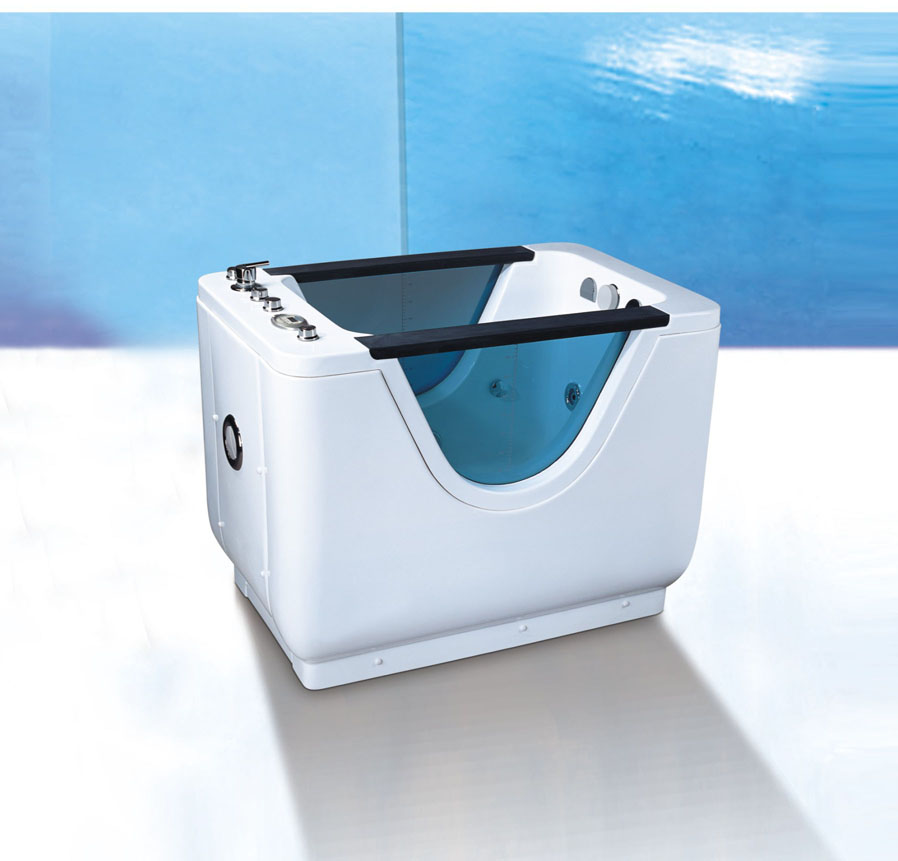
Due to their natural elegance and durability, stone bathtubs offer a unique blend of aesthetic appeal and long-lasting functionality that can significantly enhance any bathroom space.
One of the primary advantages of stone bathtubs is their unparalleled visual impact. Crafted from materials like marble, granite, and limestone, these bathtubs exude a sense of luxury and sophistication that is difficult to match. Each stone bathtub is inherently unique, with natural variations in color and pattern that add a bespoke touch to the bathroom's design.
In terms of durability, stone bathtubs are exceptionally resilient. The natural strength of stone makes these tubs resistant to chipping, cracking, and scratching, ensuring they maintain their pristine appearance for many years. Additionally, stone possesses excellent thermal properties, allowing the bathtub to retain heat for longer periods. This results in a more comfortable and relaxing bathing experience, as the water stays warm longer than in traditional bathtubs made from acrylic or fiberglass.
Furthermore, stone bathtubs are low maintenance. Their non-porous surfaces resist mold and mildew, reducing the need for frequent cleaning. When properly sealed, they require minimal upkeep, making them a practical yet luxurious addition to any bathroom.
However, despite their numerous advantages, stone bathtubs come with certain drawbacks that potential buyers should carefully consider. One of the most significant disadvantages is their weight. Stone bathtubs can be exceedingly heavy, often necessitating structural reinforcement of flooring to support their immense mass. This can lead to additional costs and complications during installation, particularly in upper-level bathrooms.
Moreover, the initial cost of purchasing a stone bathtub can be prohibitively high. Stone is a premium material, and the craftsmanship required to shape and finish these bathtubs adds to their expense. This makes them a considerable investment that may not be feasible for all budgets.
Maintenance is another concern. Stone bathtubs are porous and can be susceptible to staining and etching from various bathroom products. Regular sealing is required to maintain their appearance and integrity, adding to the upkeep.
Lastly, temperature regulation can be an issue. Stone retains heat poorly, meaning water in the bathtub can cool down more quickly than in other materials. This might detract from the bathing experience, especially in cooler climates.
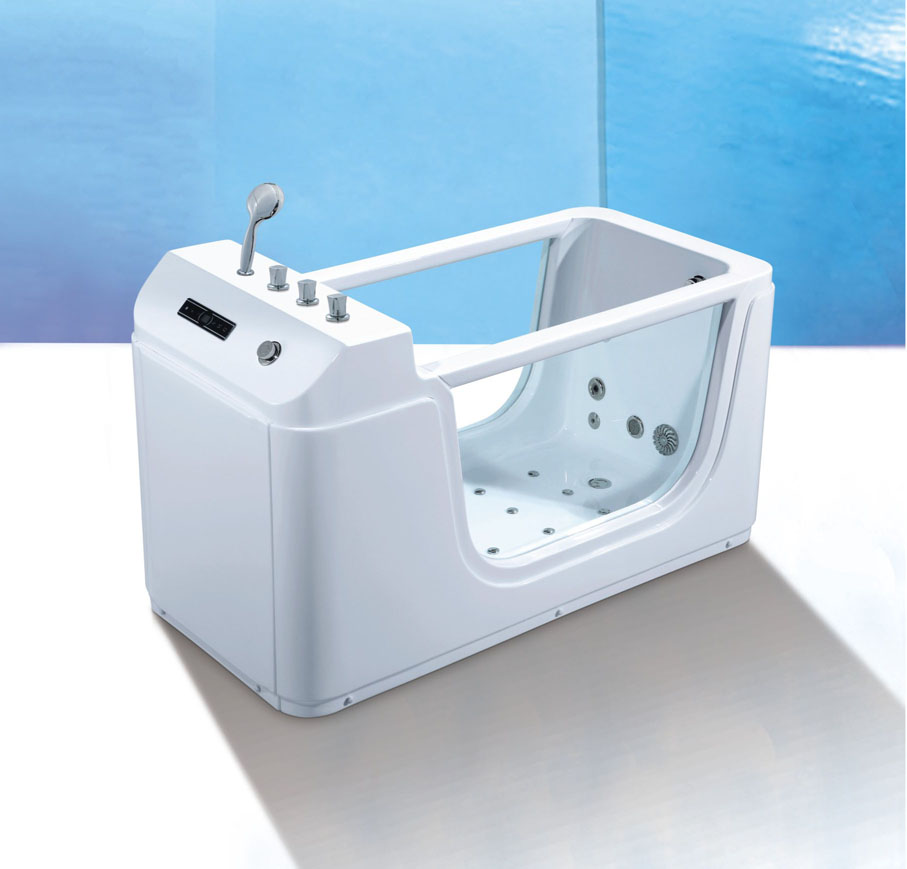
When selecting stone bathtubs for luxury hotels and resorts, the choice of material significantly impacts both aesthetics and durability.
Freestanding tubs crafted from marble, granite, and travertine are particularly popular for their natural elegance and robust construction.
These materials not only enhance the visual appeal of high-end spaces but also offer long-lasting performance.
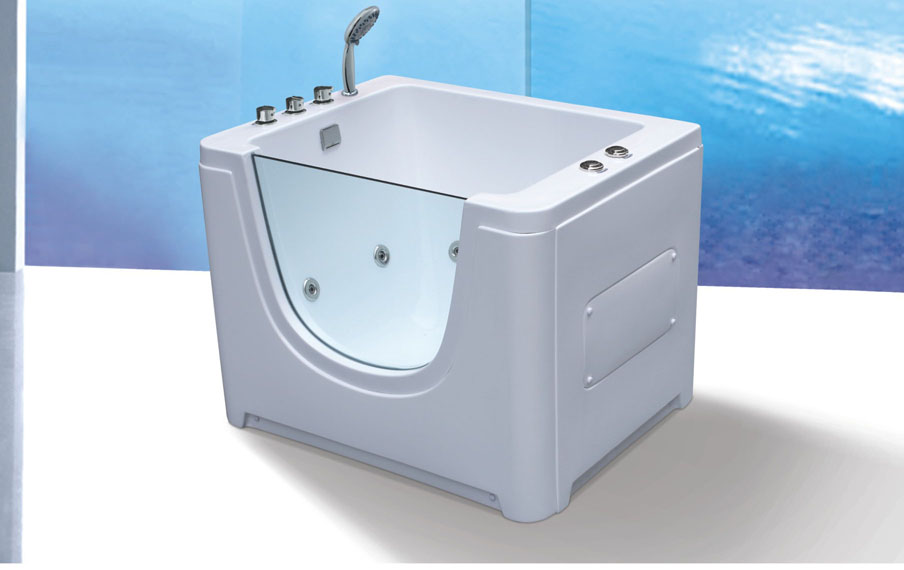
In luxury hotels and resorts, the incorporation of stone bathtubs not only elevates the aesthetic appeal but also offers a sensory indulgence that enhances the overall guest experience. Stone bathtubs are often crafted from luxurious materials such as marble, granite, and travertine, each providing unique visual and tactile qualities.
Marble, with its natural veining and rich color variations, exudes opulence and timeless elegance, making it a preferred choice for high-end establishments. Granite, known for its durability and distinctive grain patterns, adds a touch of rugged sophistication and can withstand the rigors of frequent use, ensuring longevity.
Travertine, with its warm, earthy tones and porous texture, creates a serene and inviting ambiance, ideal for spa-like environments. These materials not only contribute to the visual grandeur but also provide a substantial, grounding presence that synthetic alternatives often lack.
Furthermore, stone's natural heat retention properties enhance the bathing experience by maintaining water temperature longer, allowing guests to luxuriate without the need for constant adjustments. The use of high-quality stone in bathtubs reflects a commitment to excellence, resonating with discerning guests who seek both comfort and an exceptional aesthetic experience during their stay.
Freestanding stone bathtubs, whether crafted from marble, granite, or travertine, stand as exquisite centerpieces in bathroom design, embodying both luxury and functionality. Marble, known for its timeless elegance and unique veining, offers a sophisticated aesthetic that can elevate any bathroom space. Its smooth surface and luminous finish provide a tactile and visual appeal that complements various interior styles, from classical to contemporary.
Granite, on the other hand, is celebrated for its durability and resistance to scratches and stains. Its speckled patterns and range of colors make it a versatile choice for homeowners seeking both robustness and beauty. Granite tubs convey a sense of permanence and strength, ideal for high-traffic bathrooms where longevity is paramount.
Travertine, with its warm, earthy tones and natural pitting, brings a rustic charm to any bathtub design. Its porous surface requires sealing but offers a unique, textured look that adds depth and character to the bathing experience. Travertine's ability to retain heat makes it a practical and cozy option for those who enjoy prolonged soaks.
Each stone type brings its own unique set of qualities, making freestanding stone bathtubs a versatile and luxurious choice for discerning homeowners.
